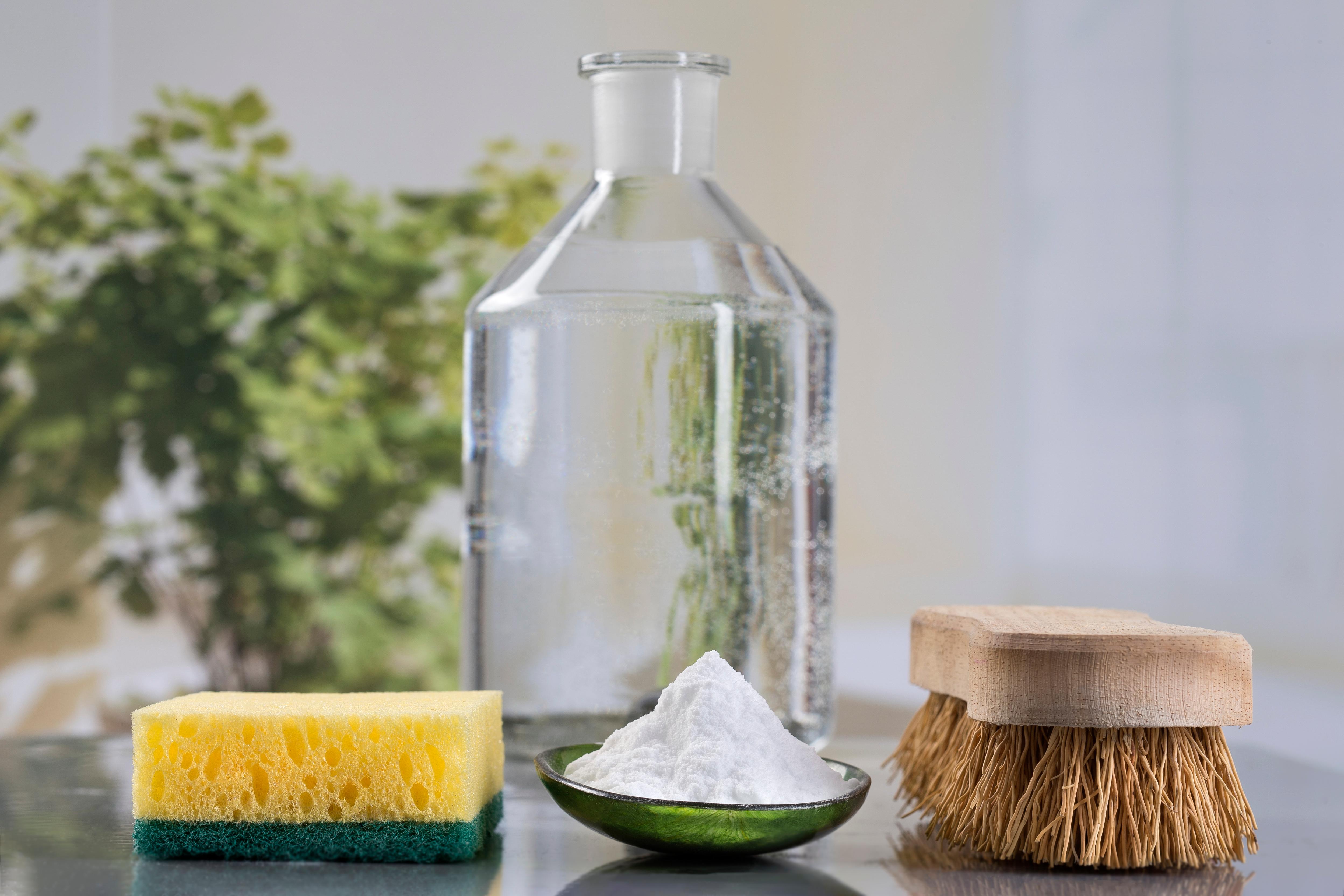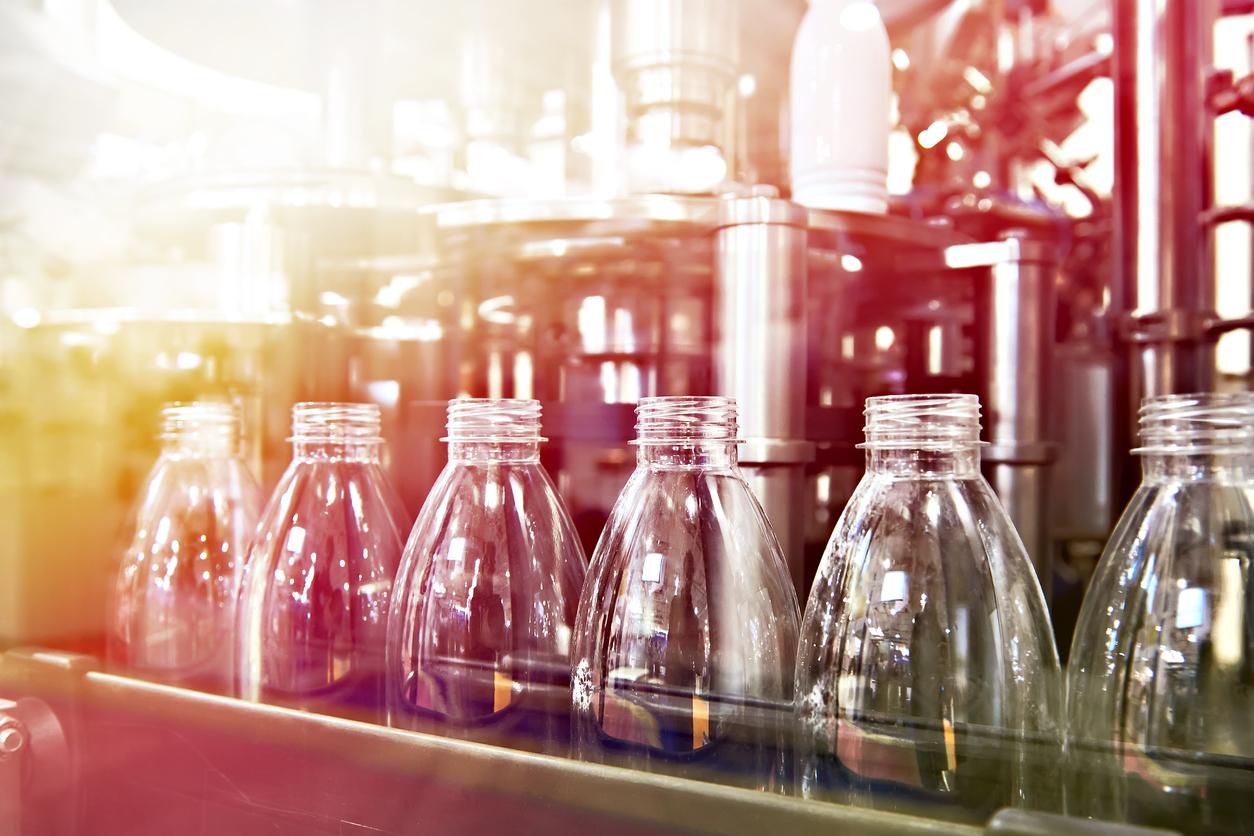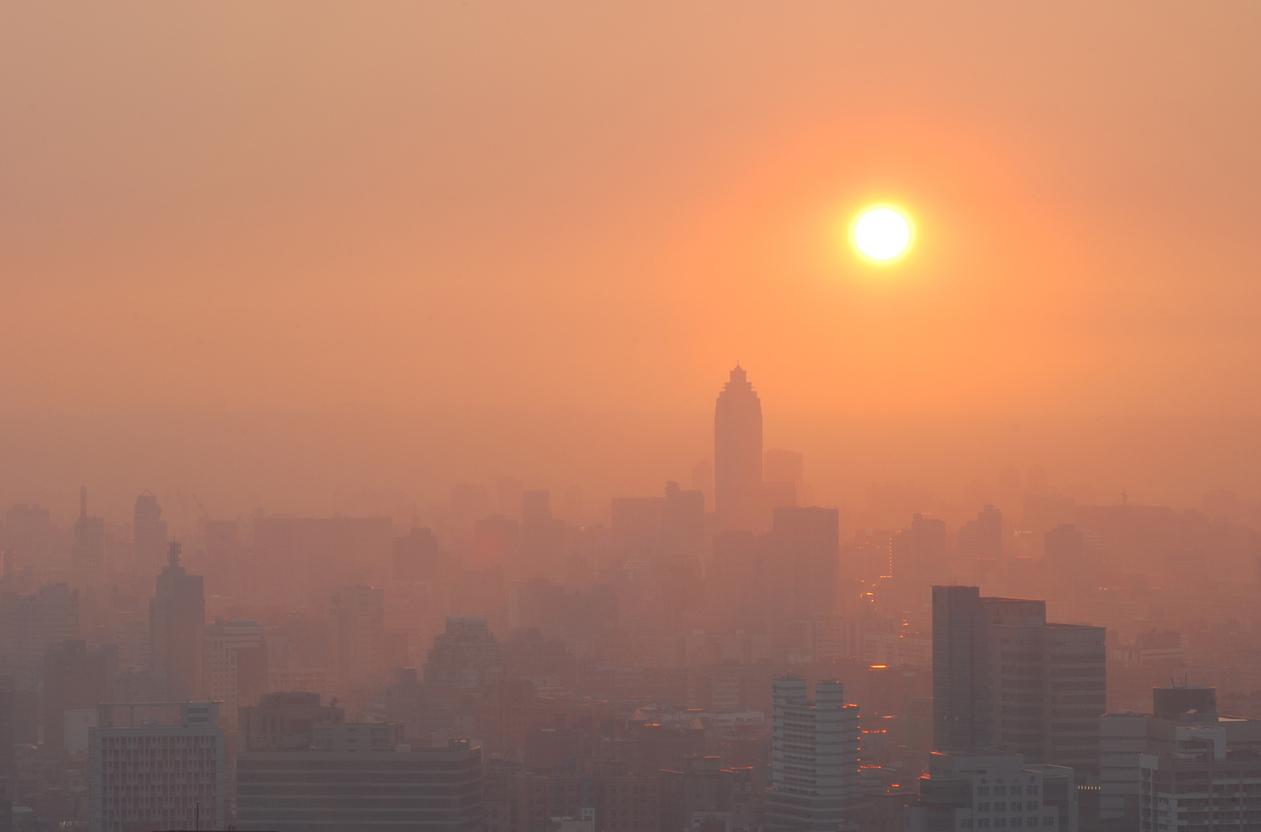Here’s How Vinegar Affects the Environment
Updated Sept. 22 2020, 1:45 p.m. ET

It’s a well-known fact that vinegar is considered a cheap, effective, and eco-friendly cleaner base. It’s also used in cooking, pickling, and more, — and not many ingredients can double as a natural cleaner and cooking agent?
Vinegar is popular, accessible, and downright useful. But how much do you really know about what it is, and how it affects the environment?
We’re here with the facts you need to make an informed decision about keeping it in your all-natural rotation.

What is vinegar, anyway?
Most of us can identify that pungent vinegar smell without hesitation. So it may surprise you that white vinegar is made up of 90-95 percent water. The other ingredient is acetic acid, which is where the smell comes from.
If you’re unfamiliar with acetic acid, you’re not alone. The experts at Bon Appetit explain what it really is.
“It's the result of a fermentation process where tons of little microorganisms eat and process alcohol (ethanol), dispensing the tart, pungent liquid we know as vinegar. You can make vinegar out of anything that has alcohol in it — wine, hard apple cider, and even beer — and white vinegar is made from a vodka-esque spirit distilled from grain.”

This makes sense given its name. Vinegar is derived from the French word “vin aigre,” which means “sour wine.”
Fermentation is a natural process, meaning both ingredients in white vinegar — water and acetic acid — are natural ingredients, and vinegar truly is an all-natural product. Or it should be (read on, we’ll explain).
Here’s how vinegar affects the environment.
Vinegar is 100 percent natural, biodegradable, vegan, hypoallergenic, and non-toxic, as Clear Cause Cleaners reiterates.
Vinegar itself is a clean, all-natural product. That doesn’t mean it’s 100 percent safe in all instances, though. For example, when mixed with bleach, creates a potentially deadly toxic chlorine gas, The Spruce reports.
It’s acidic, so it can also be harmful to the eyes, and should be flushed thoroughly in case of contact.

And undiluted vinegar can harm the mouth and digestive tissue, The Old Farmer’s Almanac shares, warning consumers to be careful with the potent ingredient.
The National Capitol Poison Center provides a guide on how to use vinegar as a topical treatment for wounds and more.
And it’s also important to note that some mass-produced vinegar is processed with petrochemicals, which are extremely harmful to the environment. So while the vinegar is safe, the additives are not. (We told you we’d explain!)
Yes, your vinegar may be synthetically processed.
If you’ve never imagined petrochemicals — chemical derivatives from petroleum — in your vinegar, it’s time to take a closer look.
“The majority of vinegar users (89 percent) said they didn’t know that their vinegar could be sourced from petroleum, while 79 percent indicated that if they discovered their vinegar was sourced from petroleum, they would switch to an all-natural vinegar,” Business Wire reports.

But that begs the question of why petroleum enters the vinegar-manufacturing process in the first place.
“There is an FDA paper from 1969, updated in 1989, that states ethyl alcohol synthesized from natural gas or petroleum products can be used in the process of making vinegar,” reports say. “The reason is that pure ethyl alcohol is chemically the same, whether produced naturally or synthetically. The FDA does not require products to indicate the source of ethyl alcohol used for vinegar.”
Here are the risks of vinegar that’s processed synthetically.
Besides the fact that you’re probably not into the idea of ingesting or cleaning your home with petroleum, it creates significant environmental risks.
According to Sciencing, petrochemicals can:
- Emit greenhouse gases
- Release ash, nitrogen, sulfur, and carbon
- Contribute to air pollution and smog when burned
- Cause acid rain
- Pollute oceans and other natural environments
- Harm ecosystems upon extraction
Clearly, petrochemicals have a serious impact on the environment.

There are plenty of good reasons to keep using clean vinegar.
Now that you know all-natural vinegar is generally safe for the environment, and vinegar with synthetic additives is not, let’s take a crash course in ways it can be effective, including:
- Cooking
- Cleaning surfaces
- Cleaning windows
- Unclogging sinks and drains
- Deodorizing
- Killing weeds
- Stain-removal
- Skin and hair care
- Wound care
Just remember, safely incorporating vinegar into your life and household simply means screening the kind that you buy to be sure it’s petroleum-free.